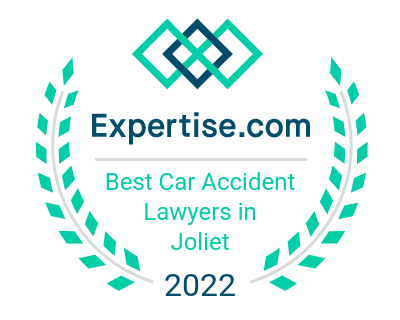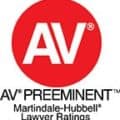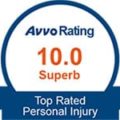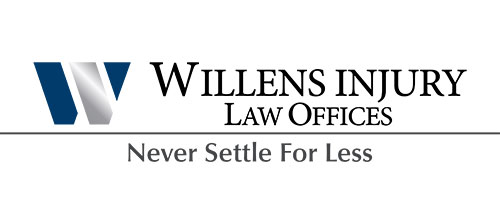But should you trust your own insurance companies after you’ve been injured in a car accident? The answer is, “Probably not.”
This frigid Chicago weather has me watching more TV than usual. One thing I noticed from a few too many hours in front of the TV is how many insurance commercials there are. From a lizard, to a silly woman to a man with a deep voice, these companies really work hard to convince people like you and me that they are trustworthy. They use the magic words that everyone likes to hear when it comes to insurance, words like: value, guarantee, safety and trust. But should you trust your own insurance companies after you’ve been injured in a car accident? The answer is, “Probably not.”
I give this answer from experience. I’m a personal injury lawyer with two decades of experience in dealing with insurance companies. At one point during my career, I was even employed by an insurance company. Usually after someone’s involved in a car crash that was someone else’s fault, they wonder if they should trust the negligent (at fault) party’s insurance company. The answer is almost always a big fat NO. BUT, some wonder if they should even trust their own insurance company. Unfortunately, the answer is “probably not.”
Let me illustrate in a real life example. I am just finishing off a case for a client of mine. I’ll refer to him as JB. JB is insured by Allstate, yes the “You’re in Good Hands with Allstate” folks. JB was in a high impact car crash with another driver who ran a stop sign and T-boned his vehicle. JB’s car was totaled. The photos of his damaged car were disturbing. Unfortunately, the at fault driver did not have insurance. No worries, our client has purchased Uninsured Motorist Coverage (UM insurance) through his own auto insurance company, Allstate. When you are in a car crash that is the other driver’s fault and that driver does not have insurance, UM coverage will (should) help protect you. JB did not hire us right away. After all, he felt like he was in “good hands.” He trusted the company that he had been paying premiums to for around 30 years.
After the car crash, JB suffered many injuries which required emergency room care, including a broken bone in his foot and an injured shoulder. Because he was nursing his broken foot for a couple weeks, he initially did not get much care for his shoulder. However, after those first couple of weeks, his foot doctor referred him to a shoulder doctor. JB eventually had shoulder surgery. His injuries forced him to miss work as a school teacher. As a result of the crash, JB incurred medical bills, lost wages, pain and suffering. When JB turned to Allstate to get properly compensated under the law, what did Allstate do? They said something along the lines of, “We don’t believe you. We think your injuries were caused by something other than the car accident. We also think the accident was partially your fault.” JB was in disbelief. He hired us.
We filed an Uninsured Motorist (UM) claim on JB’s behalf. We provided Allstate with all of the police reports, property damage photos, medical records, bills, wage loss information, etc. We presented JB for a sworn statement taken by one of Allstate’s lawyers. We even had JB’s treating doctor, a highly regarded orthopedic surgeon with 30-plus years of experience; author an extensive report outlining exactly why JB’s injuries were related to the car crash. Was that enough for Allstate to do the right thing? Nope. Did they want to engage with us in settlement discussions? Nope. They hired their own doctor, a doctor fresh out of medical school with, frankly, a sad resume, to contest JB’s injuries. This doctor’s report was filled with half-truths and outright lies. Eventually the case went to arbitration and we were able to obtain nearly nine times Allstate’s pre-arbitration offer for JB.
This brings us back to the question: Can I Trust My Own Insurance Company After a Car Accident? The answer is again: “Probably not.” I don’t intend to single out the “good hands” people at Allstate in this article. Many insurance companies that offer auto insurance probably would have done the same thing.











